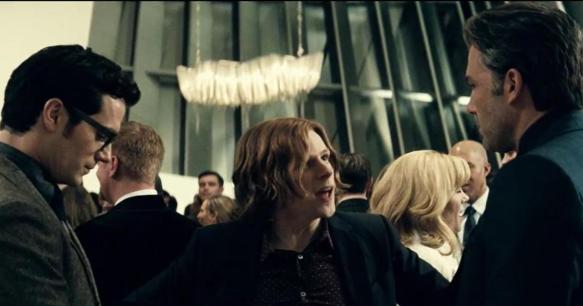
Batman V Superman: Dawn of Justice is a horrible, cynical, didactic, hateful, disconnected, and grandiose mess, a glorified high school philosophy paper that deconstructs its titular heroes with heavy finger-wagging. It reduces the dark knight and the man of steel to grumbling simplistic caricatures, shamelessly apes frames from classic graphic novels, blatantly shuns connective tissue between scenes, and laughs at the idea of coherent character motivation. It’s a lecture vomited in the ugliest colors that not only misunderstands what makes these characters so iconic, but more importantly, what makes them characters.
Let’s address the elephant in the room: faithfulness to the source material. This movie draws much of inspiration from one of the most seminal graphic novels of all time: The Dark Knight Returns. We could get into an endless debate about how much the movie honors this masterwork by talking about scene framing, character deconstruction, and questions of morality, but I submit to you that none of this matters. Continue reading




